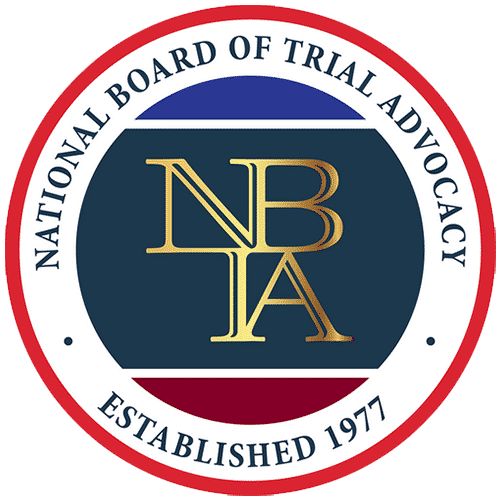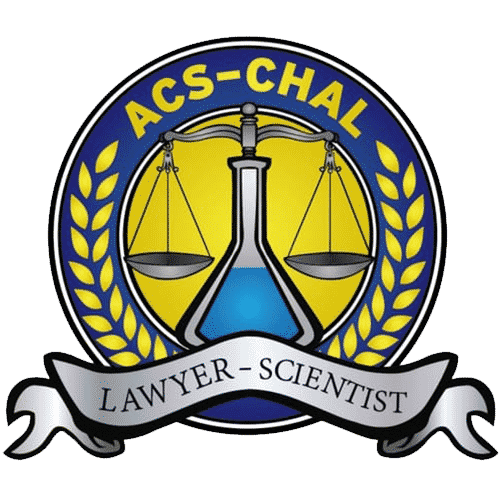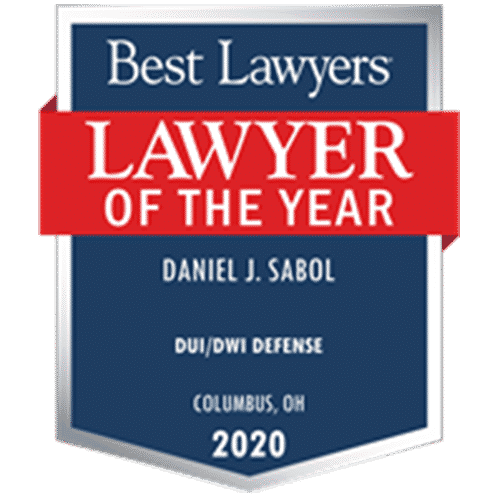In the state of Ohio, drug laws are highly enforced. Individuals who are found in possession of controlled substances can expect to face felony charges, lengthy prison sentences, and large court-mandated fines. In addition to this, they may face collateral consequences if convicted, such as loss of employment, driver’s license suspension, and even expulsion if the defendant is a student at an educational institute.
Felony drug possession cases differ from case to case. For the most part, the local (state) government will handle the prosecution, but in select cases (typically cases that involve large quantities of drugs/controlled substances), the federal government may choose to get involved. As you can probably already tell, felony drug possession is not taken lightly, and if you are charged with this crime, you will need a defense lawyer as soon as possible.
Columbus OH Drug Possession Lawyer
A felony drug possession conviction will absolutely worsen your life. These types of charges can create permanent stains on your criminal record, and it can stop you from achieving your dreams. Your future may hinge on your ability to acquire gainful employment and admission to colleges and universities. Because of this, you will need to hire a criminal defense lawyer in Ohio as soon as possible.
Sabol Mallory LLC understands the ins and outs of Ohio law, which is why we are well-fitted to handle felony drug possession charges. Led by experienced criminal defense lawyers Dan Sabol and Chase Mallory, our team of litigation experts are always ready to assist you with your legal troubles. It is imperative you reach out to a defense lawyer as soon as you are made aware of your charges. For more information on how we can help you with your struggles, call us today at 614-300-5088 for a free consultation from a member of our legal team. We serve citizens of Columbus, Reynoldsburg, Groveport, and various other cities in Franklin County.
Columbus OH Felony Drug Possession Information Center
● Types of Felony Controlled Substances
● Penalties for Felony Drug Possession
● Collateral Consequences of Felony Drug Conviction
● Defenses to Felony Drug Possession
● Resources for Columbus Felony Drug Possession
Types of Felony Controlled Substances
Ohio has heavily enforced laws surrounding drug possession and felony drug possession crimes. Possessing certain drugs or controlled substances automatically constitutes a felony charge, but other drugs may have to be found in a certain quantity in order to be charged as a felony offense. For example, marijuana by itself typically gets charged as a misdemeanor, but if you have a large quantity (200 or more grams) then it will be upgraded to a felony drug possession charge.
Felony controlled substances include, but are not limited to:
● Fentanyl
● Oxycodone
● Opium
● Morphine
● Acetylmethadol
● Codeine
● Propiram
Other drugs must be found in bulk to be charged as a felony. These substances include:
● Marijuana
● Cocaine
● Heroin
● LSD
Penalties for Felony Drug Possession
There are many variables for penalties for drug possession in Ohio. For starters, the charges depend on the amount of substance seized, and which schedule the controlled substance falls under.
According to Ohio Revised § 2925.11, any individual who knowingly possesses a controlled substance is committing a crime. These penalties can quickly upgrade to felonies if the individual is found in possession of bulk amounts, or if they have intent to sell. Ohio Revised Code 2925.01 defines “bulk amount” as:
(a) An amount that equals to exceed 10 (ten) grams or 25 (twenty-five) doses or units of a compound, mixture, or substance that is or contains any amount of a schedule I opiate or opium derivative;
(b) An amount equal to or exceeding ten grams of a compound, mixture, preparation, or substance that is or contains any amount of raw or gum opium;
(c) An amount equal to or exceeding thirty grams or ten unit doses of a compound, mixture, preparation, or substance that is or contains any amount of a schedule I hallucinogen other than tetrahydrocannabinol or lysergic acid amide, or a schedule I stimulant or depressant;
(d) (d) An amount equal to or exceeding twenty grams or five times the maximum daily dose in the usual dose range specified in a standard pharmaceutical reference manual of a compound, mixture, preparation, or substance that is or contains any amount of a schedule II opiate or opium derivative;
(e) (e) An amount equal to or exceeding five grams or ten unit doses of a compound, mixture, preparation, or substance that is or contains any amount of phencyclidine;
(f) (f) An amount equal to or exceeding one hundred twenty grams or thirty times the maximum daily dose in the usual dose range specified in a standard pharmaceutical reference manual of a compound, mixture, preparation, or substance that is or contains any amount of a schedule II stimulant that is in a final dosage form manufactured by a person authorized by the "Federal Food, Drug, and Cosmetic Act," 52 Stat. 1040 (1938), 21 U.S.C.A. 301, as amended, and the federal drug abuse control laws, as defined in section 3719.01 of the Revised Code, that is or contains any amount of a schedule II depressant substance or a schedule II hallucinogenic substance;
(g) An amount equal to or exceeding three grams of a compound, mixture, preparation, or substance that is or contains any amount of a schedule II stimulant, or any of its salts or isomers, that is not in a final dosage form manufactured by a person authorized by the Federal Food, Drug, and Cosmetic Act and the federal drug abuse control laws.
There are five classes for these felonies; a 1st-degree felony contains the most extensive punishments, whereas a 5th-degree felony holds the lightest punishments.
5th-degree felonies are punishable by up to 12 months in prison, with potential fines not to exceed the amount of $2,500. Next, 4th-degree felonies are punishable by up to 18 months in prison, and the convicted felon is susceptible to fines up to $5,000. 3rd-degree felonies are punishable by a prison sentence of up to 5 years, and their possible fines are not to exceed $10,000. 2nd-degree felonies are punishable by fines up to $150,000, in addition to a maximum prison sentence of 8 years. Lastly, first-degree felonies can be punished with an 11-year prison sentence and fines up to $20,000.
Collateral Consequences of Felony Drug Possession
Jail time and hefty court-mandated fines are very severe punishments, but there are other consequences of having a felony drug conviction.
For starters, in many cases, the convicted felon will have to face a court-mandated driver’s license suspension, meaning that if the defendant is fortunate enough to avoid jail time, they will not have the right to drive for an extended period of time.
In addition to this, a felony drug possession conviction can absolutely sink your defense strategy if you are in the middle of a divorce or child custody battle. This type of conviction will undoubtedly cause the judge and the opposing party to question your character and your ability to properly care for a child. It gives the opposing party more ammunition for their case, and it may result in the defendant permanently losing custody of their children.
Defenses to Felony Drug Possession
Felony drug possession charges are serious, and it’s perfectly natural to be concerned with your future and freedom if you’re facing these charges. However, it’s important to remember that there are possible defenses you may be able to use to fight against your felony charges. Every case is different, but there may be a possible defense that is applicable to your case. Felony drug possession defenses include the following:
● Drugs/controlled substances were found as a result of an illegal search
● Defendant’s Fourth Amendment rights were violated
● Illegal forms of surveillance were used to charge the defendant with felony drug possession
● A search warrant was issued without probable cause
● Lab results, evidence, and/or forensics were mishandled
These are all possible defenses, but to properly defend yourself in a court of law, you will need a criminal defense lawyer who understands the Ohio criminal process.
Resources for Columbus Felony Drug Possession
Ohio Revised Code 2925.01: Drug offense definitions - This portion of the ORC defines terms commonly associated with drug offense charges (“controlled substance”, “hypodermic”, “official written order”, etc.).
United States Controlled Substance Act - This link takes you to the official website of the Drug Enforcement Administration, where you can learn more about the United States Controlled Substance Act.
Ohio’s Controlled Substances Bulk Amount Reference Table - Brought to you by the State Patrol of Ohio, this table gives you a breakdown of what is considered a “bulk amount” of a drug.
Sabol Mallory LLC | Felony Drug Lawyers in Columbus OH
At Sabol Mallory, we understand the long-term effects of a felony conviction. While drug possession is a crime that commonly takes place in the United States of America, not everyone who is charged with felony possession is guilty of the crime. Though it takes hard work, effort, patience, and the help of a criminal defense lawyer, it is possible to overcome these charges and keep your freedom and criminal record in good condition.
Serving the counties of Franklin, Delaware, Licking, Fairfield, Pickaway, Madison, and other surrounding counties Sabol Mallory is ready to defend individuals from all walks of life. If you believe you have been wrongly charged with felony drug possession and you are ready to start building your defense, contact us to start your journey towards clearing your name.












